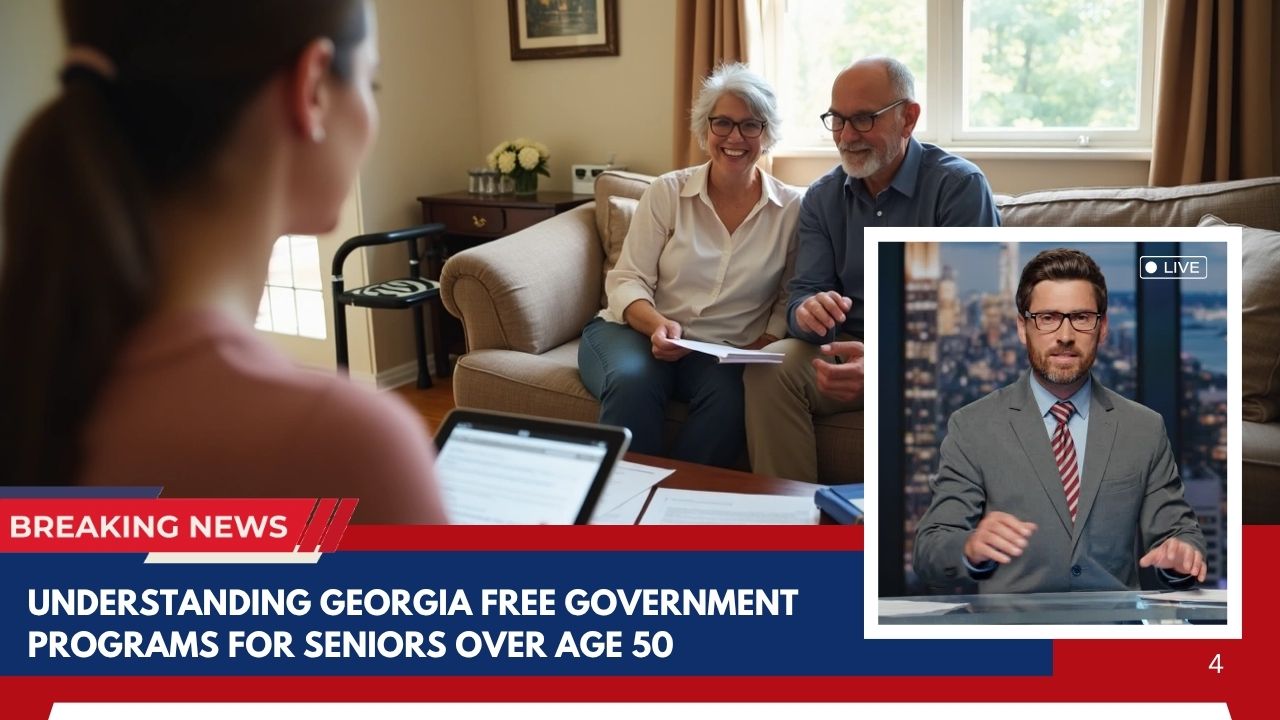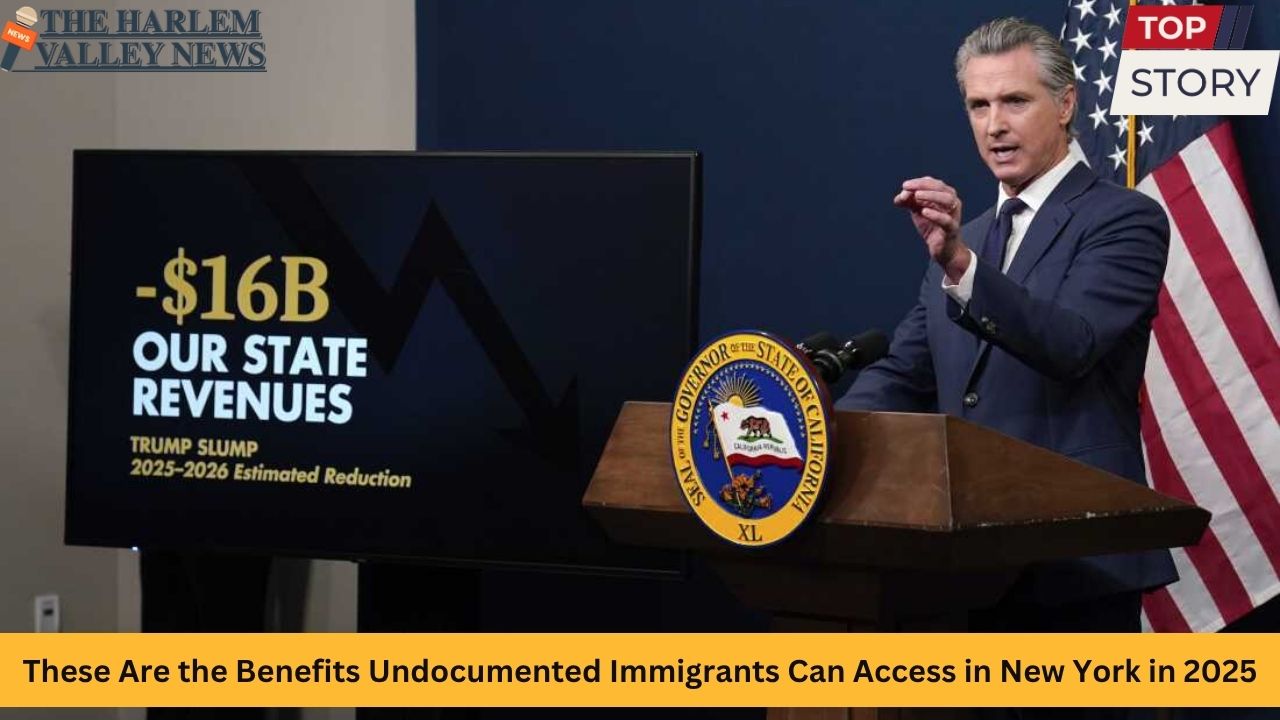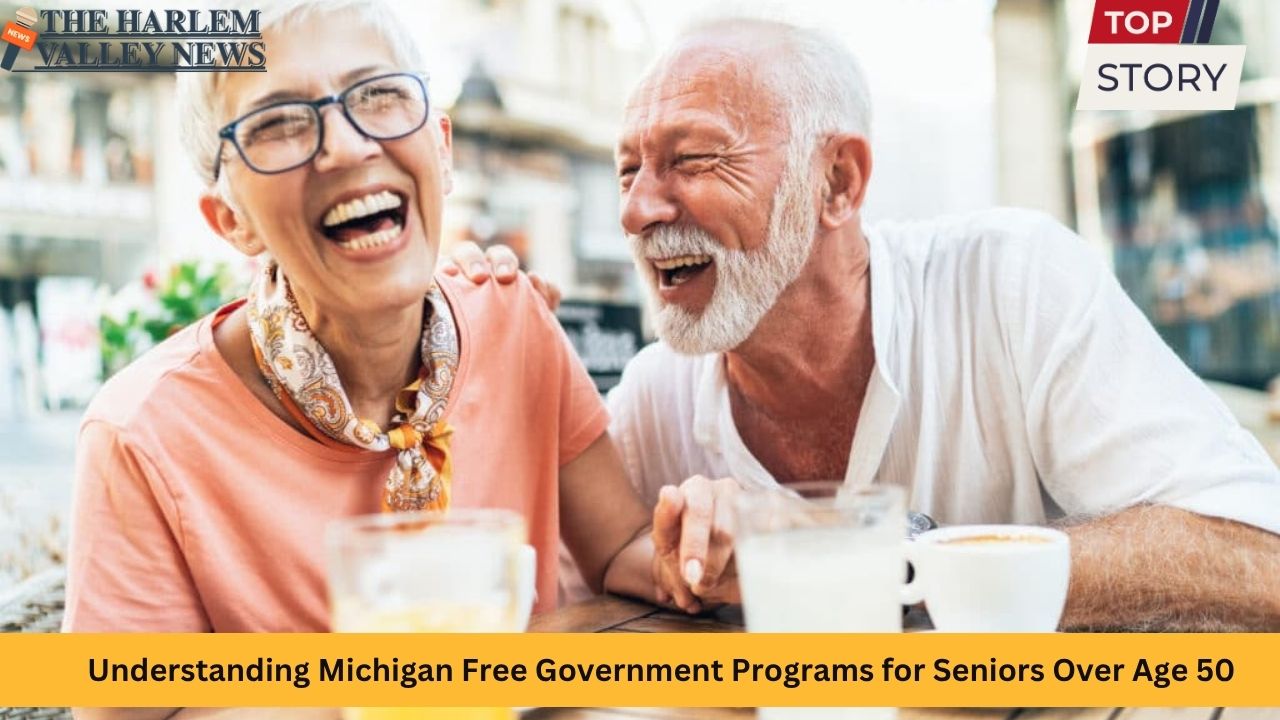Georgia, known for its southern charm and vibrant communities, is also recognized for its commitment to supporting senior citizens, especially those over the age of 50. With a senior population surging by nearly 16% in recent years and more than 2.8 million Georgians over age 50, the state’s focus on aging-related programs is more vital than ever. Whether you live in Atlanta, Savannah, Macon, Augusta, Columbus, or rural regions, seniors can find a wealth of government-supported resources designed to foster health, independence, and overall well-being.
This comprehensive guide explores everything older adults in Georgia need to know about free or subsidized government programs, encompassing healthcare, financial aid, housing, nutrition, transportation, legal aid, and more. Every section includes updated facts, city examples, and practical guidance for accessing these resources in your community.
Georgia’s Senior Population: Facts and Demographics
-
Population Growth: Georgia’s senior population has grown by nearly 16% in recent years—the 10th highest rate nationwide. Over 20% of residents will be aged 60 or older by 2030.
-
Where Seniors Live: Major cities such as Atlanta, Augusta, Columbus, Savannah, and Macon are home to large senior populations, but two-thirds of Georgia’s Area Agencies on Aging (AAAs) serve primarily rural counties.
-
Income and Poverty: About 11% of Georgia’s seniors live below the poverty line, with 54% struggling to afford basic necessities. Many are on fixed incomes.
Healthcare Programs for Seniors Over 50
Medicare and Medicaid
-
Medicare: The federal Medicare program covers most locals over age 65, but Georgians aged 50 to 64 with certain disabilities can also qualify. Medicare Advantage and Part D prescription plans offer additional coverage options.
-
Medicaid: Low-income Georgia seniors—including those over 50 who meet medical and income criteria—may qualify for Medicaid. Medicaid provides free or low-cost care, including doctor visits, hospital care, and long-term services.
Georgia Waiver Programs
Georgia’s Medicaid Waiver programs allow eligible seniors to receive in-home or community-based care instead of moving to nursing facilities. These programs include:
-
Community Care Services Program (CCSP): Offers in-home nursing, personal care, housekeeping, and emergency response.
-
SOURCE (Service Options Using Resources in a Community Environment): Blends medical and social services for frail seniors to help them remain at home.
-
Independent Care Waiver Program (ICWP): Supports individuals aged 21-64 with physical disabilities; some older adults transitioning between systems benefit from this as they age.
How to Apply
Applications can be submitted online through the Georgia Gateway portal or at your local Department of Family and Children Services (DFCS) office. Each county has support staff to guide seniors through the paperwork.
Nutrition and Food Assistance Programs
Meals on Wheels and Congregate Meals
-
Meals on Wheels: Delivers nutritious meals directly to the homes of seniors unable to shop or cook in cities like Atlanta, Augusta, and throughout rural Georgia.
-
Senior Congregate Nutrition: Offers hot lunches in group settings at local senior centers, fostering both nutrition and social interaction.
Senior Supplemental Nutrition Assistance Program (Senior SNAP)
-
Simplifies SNAP (food stamp) enrollment for seniors with fixed incomes, serving individuals 60 and older across cities like Columbus, Albany, and rural counties.
Emergency Food Assistance Program
For food-insecure seniors across Georgia, food banks distribute groceries and everyday staples through partnerships with local churches, nonprofits, and community centers.
Financial Assistance for Everyday Expenses
Utility and Housing Aid
-
Low-Income Home Energy Assistance Program (LIHEAP): Helps seniors in places like Macon and Valdosta pay for heating and cooling bills during Georgia’s hot summers and occasional cold snaps.
-
Affordable Housing: With 11% of seniors in poverty, programs by the Volunteers of America Southeast and City of Atlanta offer reduced-rate or rent-subsidized housing for seniors. USDA Section 504 grants and Atlanta’s Senior Home Repair Program fund urgent home repairs for senior homeowners.
Property Tax Exemptions
-
State Homestead Exemption: Available to homeowners 65 or older—a $2,000 exemption from local property taxes, rising to $4,000 for those meeting income limits.
-
School Property Tax Exemption: Some counties offer full or partial school tax exemption for property owners over 62, reducing annual costs, especially helpful in metro Atlanta and suburbs.
Other Savings and Discounts
-
Utility Bill Discounts: Companies like Georgia Power and Atlanta Gas Light provide monthly discounts for low-income seniors 65 and over.
-
Senior Citizen Discounts: Georgia seniors, especially those in cities like Savannah and Athens, can save up to 50% on travel, dining, and essential services at participating businesses.
Health and Legal Services
Elderly Legal Assistance Program
Georgia’s Department of Human Services funds legal support for seniors over 60. Help includes assistance with:
-
Estate planning and wills
-
Healthcare directives
-
Consumer fraud
-
Housing disputes
-
Abuse or exploitation
In Atlanta and Savannah, legal clinics at senior centers provide one-on-one consultations. Rural seniors can access these services via regional AAAs or through pro bono legal aid groups.
Mental Health and Social Work Support
Senior Resource Centers, such as those in Augusta and Macon, offer counseling, mental health screenings, and social work case management—often at no cost—to help seniors cope with anxiety, depression, or caregiving stress.
Transportation Assistance
Transit Passes and Medical Rides
-
Public Transit Discounts: Seniors over age 62 can ride city buses and MARTA trains in Atlanta at half-price or less.
-
Non-Emergency Medical Transport: Medicaid and local agencies offer free rides to medical appointments or the pharmacy, especially vital in rural zones lacking regular bus service.
-
Volunteer Driver Initiatives: In smaller cities like Rome or Douglas, volunteer-based networks match seniors with rides for shopping, errands, or doctor visits.
Educational and Social Engagement Opportunities
Tuition-Free College
Georgia residents 62+ can enroll tuition-free, on a space-available basis, at any University System of Georgia school. Locals in Athens (University of Georgia), Atlanta (Georgia State University), or Valdosta (Valdosta State) can pursue lifelong learning at no cost beyond standard fees.
Senior Centers and Social Activities
Hundreds of senior centers statewide offer:
-
Fitness and dance classes
-
Arts and crafts
-
Technology workshops
-
Group outings and volunteerism
-
Support groups, especially for caregivers and those living alone
From the acclaimed Lou Walker Senior Center in Lithonia (metro Atlanta) to centers in Warner Robins and Brunswick, these facilities are vital for promoting active, healthy aging and fighting social isolation.
Emergency Response and Safety
-
Personal Emergency Response Systems: Many low-income seniors receive free or discounted medical alert devices through Medicaid or AAA referral, ensuring quick help in case of falls or other emergencies.
-
Home Modification Grants: Programs in Atlanta and Savannah help low-income seniors secure free safety upgrades such as ramps, grab bars, or wider doorways.
How to Access These Programs
Regional Area Agencies on Aging
Georgia is served by 12 Area Agencies on Aging (AAAs), with offices in every region. They’re the single best resource for learning about local benefits, helping with paperwork, and connecting seniors to the right services quickly.
Key AAAs serve:
-
Metro Atlanta
-
Augusta area
-
Central Georgia (Macon, Warner Robins)
-
Coastal region (Savannah, Brunswick)
-
Northwest (Rome, Dalton)
-
Southwest (Albany, Bainbridge)
Aging and Disability Resource Connection (ADRC):
-
Toll-free hotline: 1-866-552-4464
-
Central, statewide database of senior services
-
Staffed by trained counselors, offering advice, referrals, and follow-ups
Practical Steps
-
Determine eligibility based on age (usually 60+ for most benefits; some begin at 50 or 55), income, residency, and specific needs.
-
Gather documents: ID, proof of income, utility bills, property records (for housing or property tax benefits), and medical records.
-
Contact your local AAA or visit Georgia Gateway (for Medicaid, SNAP, and home energy aid).
-
Apply online or in person. Monitors are available to help fill out forms and provide translations for those whose first language isn’t English.
Notable City Examples
Here’s how some of Georgia’s largest cities deliver special programs for seniors:
-
Atlanta: Home to the state’s largest network of senior centers and adult day health programs, as well as MARTA’s half-price senior fares. The city’s home repair program replaces roofs, HVAC, and plumbing for low-income seniors.
-
Savannah: Offers robust Meals on Wheels, congregate dining, and waterfront senior fitness activities.
-
Macon: Hosts senior education events, chronic disease management workshops, and provides subsidized in-home care.
-
Augusta: Specialized senior transportation for those with mobility challenges and extensive legal aid outreach.
-
Columbus: Coordinates with churches and nonprofits to ensure all eligible residents are enrolled in utility discount and SNAP programs.
Stats at a Glance
| Program Type | Population Served | Age Eligibility | Income Limit Example | Services Provided |
|---|---|---|---|---|
| Medicaid | 1 in 5 seniors | 65+ (some 50+) | Varies; ~$30,276/year single | Health, eldercare, in-home care |
| Meals on Wheels | Thousands/week | 60+ | None for meal site; SNAP for home delivery | Free nutritious meals |
| Property Tax Exemptions | Statewide | 62+/65+ | $10,000/varies | Reduced property taxes |
| Utility Discounts | 100,000s | 65+ | ~$30,000/year | Power/gas bill savings |
| Tuition-Free College | Statewide | 62+ | Any | Free university courses |
| AAA Service Calls | 100,000s/year | 60+ | Any | Information, case management, referrals |
The Importance of State Support for Older Georgians
Georgia’s rapidly growing older population presents both opportunities and challenges. Programs designed to help seniors thrive produce widespread benefits, including reduced healthcare costs, heightened independence, and vibrant contributions to local economies and communities.
Whether you’re in bustling Atlanta or a quiet town in rural Georgia, seniors can access tailored programs for nutrition, health, finances, mobility, and socialization. If you or someone you care for is over 50, don’t hesitate to connect with local resources—and remember, Georgia’s government, through its widespread network of agencies and dedicated staff, is here to help all residents age confidently, independently, and with dignity.














Leave a Reply